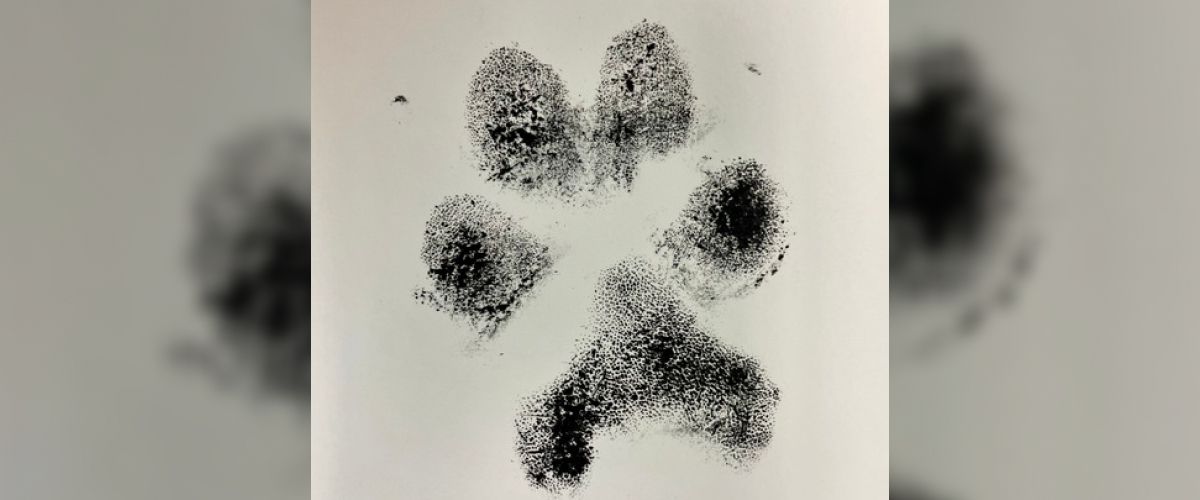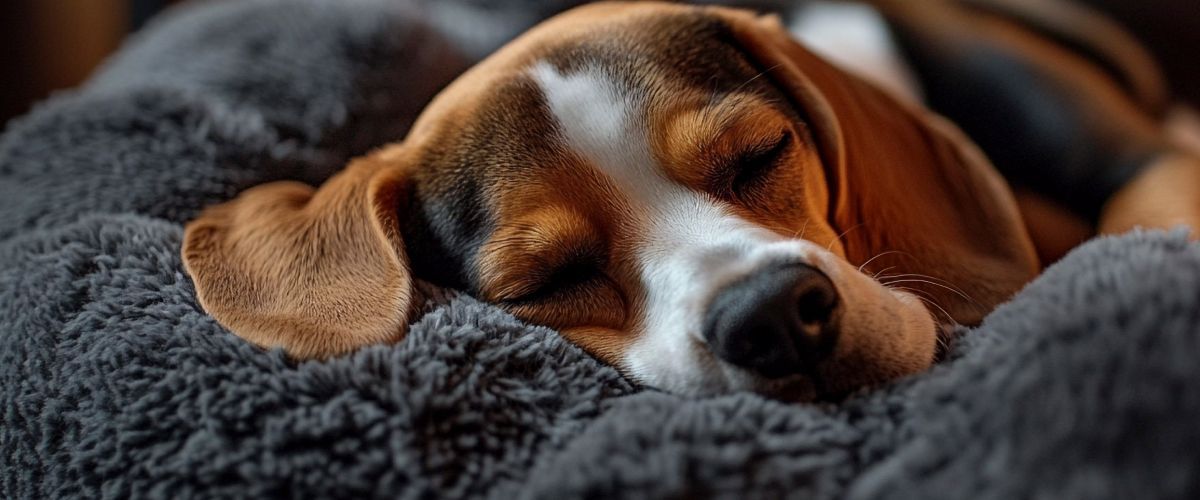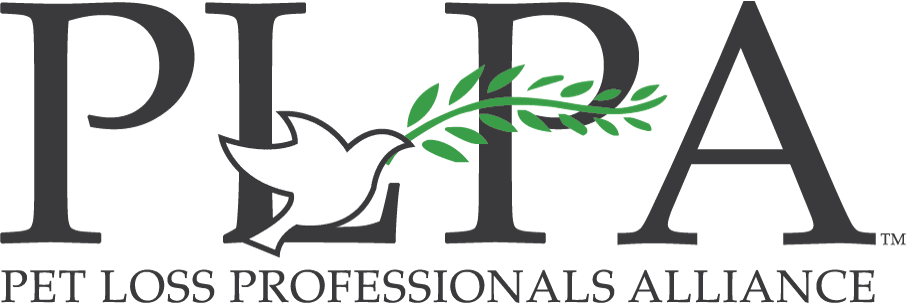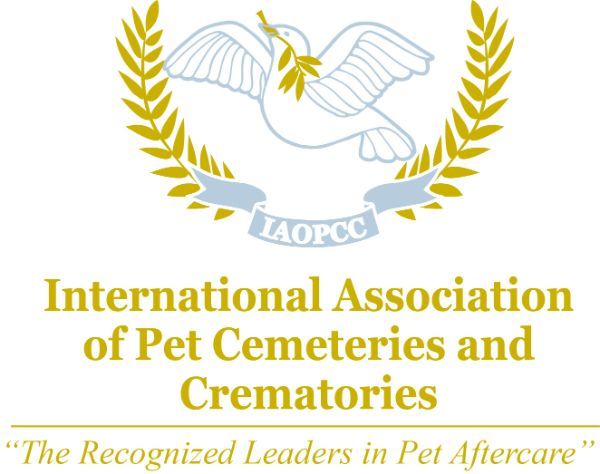Learn about Senior Pet Hygiene
As pets age, their hygiene needs change, requiring extra attention and care. Proper hygiene is essential for senior pets, as it helps prevent infections, discomfort, and other health issues. By adopting a consistent grooming routine and addressing their specific needs, you can ensure your older pet remains comfortable and healthy. Here’s how to take care of your senior pet’s hygiene effectively:
1. Regular Brushing
Senior pets may struggle to groom themselves as effectively as they once did. Regular brushing is crucial to keep their coat clean and free of mats or tangles. For dogs, brushing helps distribute natural oils, promoting healthy skin and a shiny coat. For cats, it prevents hairballs and maintains a clean, manageable coat. Use a brush suited to your pet’s fur type and be gentle to avoid irritating their skin.
2. Bathing with Care
Older pets may require occasional baths to maintain cleanliness, especially if they have mobility issues or incontinence. Use lukewarm water and a gentle, pet-safe shampoo designed for sensitive skin. Avoid over-bathing, as it can strip their skin of natural oils. If your pet dislikes water, consider alternatives like waterless shampoos or grooming wipes for spot cleaning.
3. Focus on Dental Health
Dental hygiene is a critical aspect of senior pet care. Plaque and tartar buildup can lead to painful dental issues and even systemic infections. Brush your pet’s teeth regularly using a pet-safe toothbrush and toothpaste. Dental chews, toys, and water additives can also help maintain oral health. Schedule regular dental checkups with your veterinarian to address any issues early.
4. Nail Trimming
Reduced activity in senior pets often leads to overgrown nails, which can cause discomfort or even mobility problems. Trim your pet’s nails regularly, ensuring you don’t cut into the quick, which can cause pain and bleeding. If you’re unsure how to do this safely, seek help from a professional groomer or your veterinarian.
5. Eye and Ear Care
Senior pets may develop eye discharge or ear issues that require attention. Use a damp, soft cloth to gently clean around their eyes, being careful not to irritate them. Check their ears regularly for signs of redness, odor, or buildup. Clean their ears with a vet-recommended ear cleaner and cotton balls, avoiding cotton swabs that can damage the ear canal.
6. Maintain a Clean Living Environment
A clean living space contributes significantly to your pet’s hygiene. Wash their bedding regularly to remove dirt, hair, and allergens. Vacuum their favorite areas to minimize dust and fur buildup. For pets with incontinence, use waterproof mats or easily washable pads to keep their environment sanitary.
7. Address Skin and Coat Issues
Older pets are prone to skin issues, such as dryness, dandruff, or irritation. Keep an eye out for any unusual lumps, bumps, or sores during grooming sessions. Consult your veterinarian if you notice anything unusual, as these could be signs of underlying health problems. Omega-3 supplements can support skin health, but always consult your vet before introducing new supplements.
8. Provide Emotional Comfort During Grooming
Senior pets may be more sensitive or anxious during grooming sessions. Be patient and use soothing tones to reassure them. Offering treats and praise can make the experience more positive and enjoyable for both of you.
Conclusion
Good hygiene is essential for maintaining the health and comfort of senior pets. By addressing their specific grooming and cleanliness needs, you can enhance their quality of life and keep them feeling their best. Remember, regular grooming sessions are not just about hygiene—they’re an opportunity to bond with your aging companion and show them the love and care they deserve.
The post Learn about Senior Pet Hygiene appeared first on Angelpaw.







